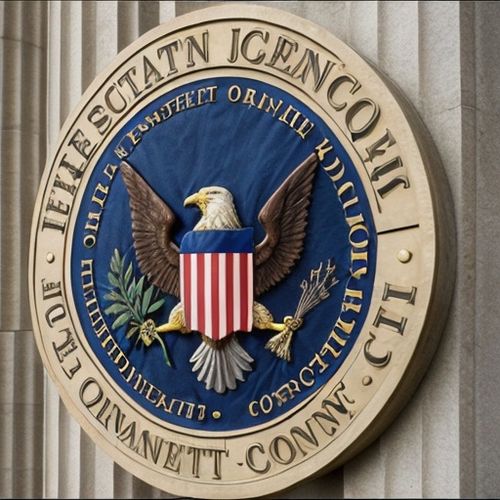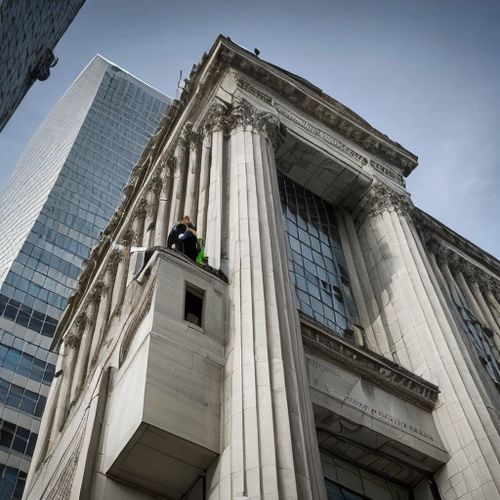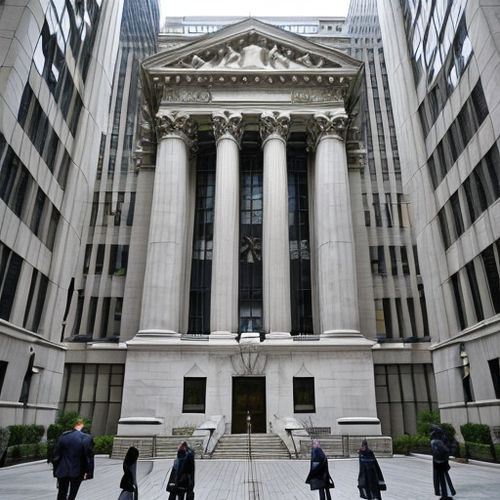The collapse of Enron and the subsequent downfall of Arthur Andersen in the early 2000s remain one of the most infamous corporate scandals in modern history. These events didn’t just shake the financial world; they exposed deep-rooted flaws in corporate governance, auditing practices, and ethical accountability. Two decades later, the lessons from this debacle continue to resonate, serving as a cautionary tale for businesses, regulators, and auditors alike.
At its peak, Enron was a Wall Street darling, a seemingly unstoppable energy giant with a market capitalization of nearly $70 billion. The company’s innovative—or, as later revealed, deceptive—accounting practices masked its financial instability, presenting a facade of profitability while hiding billions in debt. Behind the scenes, executives employed complex off-balance-sheet entities to manipulate earnings and inflate stock prices. When the truth unraveled, Enron filed for bankruptcy in December 2001, wiping out thousands of jobs and pensions overnight.
The fallout wasn’t limited to Enron. Arthur Andersen, one of the "Big Five" accounting firms at the time, was Enron’s auditor and played a pivotal role in the scandal. Investigations revealed that Andersen had not only failed to detect Enron’s fraudulent activities but had also actively participated in shredding documents to obstruct justice. The firm’s reputation, built over nearly a century, disintegrated within months. In 2002, Andersen was convicted of obstruction of justice—a death knell for the firm, which surrendered its CPA license and ceased auditing public companies.
What made the Enron-Andersen scandal so devastating was the sheer breach of trust. Auditors are supposed to act as gatekeepers, ensuring transparency and accuracy in financial reporting. Andersen’s failure to uphold this duty underscored a critical conflict of interest: the firm earned millions in consulting fees from Enron, calling into question its independence. This revelation sparked widespread outrage and led to sweeping reforms, most notably the Sarbanes-Oxley Act of 2002, which imposed stricter regulations on corporate governance and auditing standards.
Yet, even with these reforms, the Enron saga raises uncomfortable questions about corporate culture. The "profits at any cost" mentality that permeated Enron’s leadership trickled down, creating an environment where unethical behavior was not just tolerated but rewarded. Executives like Jeffrey Skilling and Andrew Fastow became symbols of greed and deceit, their legacies forever tarnished by prison sentences and public scorn. Meanwhile, ordinary employees and shareholders bore the brunt of their actions, losing life savings and livelihoods.
The Andersen side of the story is equally sobering. Once a pillar of integrity, the firm’s rapid collapse highlighted how quickly institutional reputation can evaporate when ethical lines are crossed. The document shredding, in particular, became a metaphor for the broader erosion of trust in the accounting profession. While some argued that Andersen’s demise was an overcorrection, others saw it as a necessary consequence of its role in enabling Enron’s fraud.
In hindsight, the Enron-Andersen scandal was a watershed moment for corporate accountability. It forced a reckoning with the cozy relationships between auditors and their clients, prompting calls for greater transparency and stricter oversight. The accounting industry, in particular, underwent significant changes, with firms adopting more rigorous internal controls and conflict-of-interest policies. However, as subsequent scandals like WorldCom and Lehman Brothers demonstrated, the lessons of Enron are only as effective as their enforcement.
Today, the ghosts of Enron and Andersen linger in boardrooms and audit committees. The scandal serves as a reminder that no company is too big to fail—and no auditor is too reputable to fall. While regulations have tightened, the human element—the temptation to cut corners or prioritize short-term gains—remains a persistent risk. For businesses and auditors alike, the true legacy of this scandal lies in its warning: trust, once broken, is extraordinarily difficult to rebuild.

By Benjamin Evans/Apr 24, 2025

By Olivia Reed/Apr 24, 2025

By David Anderson/Apr 24, 2025

By David Anderson/Apr 24, 2025

By Amanda Phillips/Apr 24, 2025

By Emily Johnson/Apr 24, 2025

By Sarah Davis/Apr 24, 2025

By Jessica Lee/Apr 24, 2025

By John Smith/Apr 24, 2025

By Grace Cox/Apr 24, 2025

By Olivia Reed/Apr 24, 2025

By Lily Simpson/Apr 24, 2025

By Noah Bell/Apr 24, 2025

By Megan Clark/Apr 24, 2025

By Noah Bell/Apr 24, 2025

By George Bailey/Apr 24, 2025

By George Bailey/Apr 24, 2025

By Natalie Campbell/Apr 24, 2025

By Daniel Scott/Apr 24, 2025

By Benjamin Evans/Apr 24, 2025